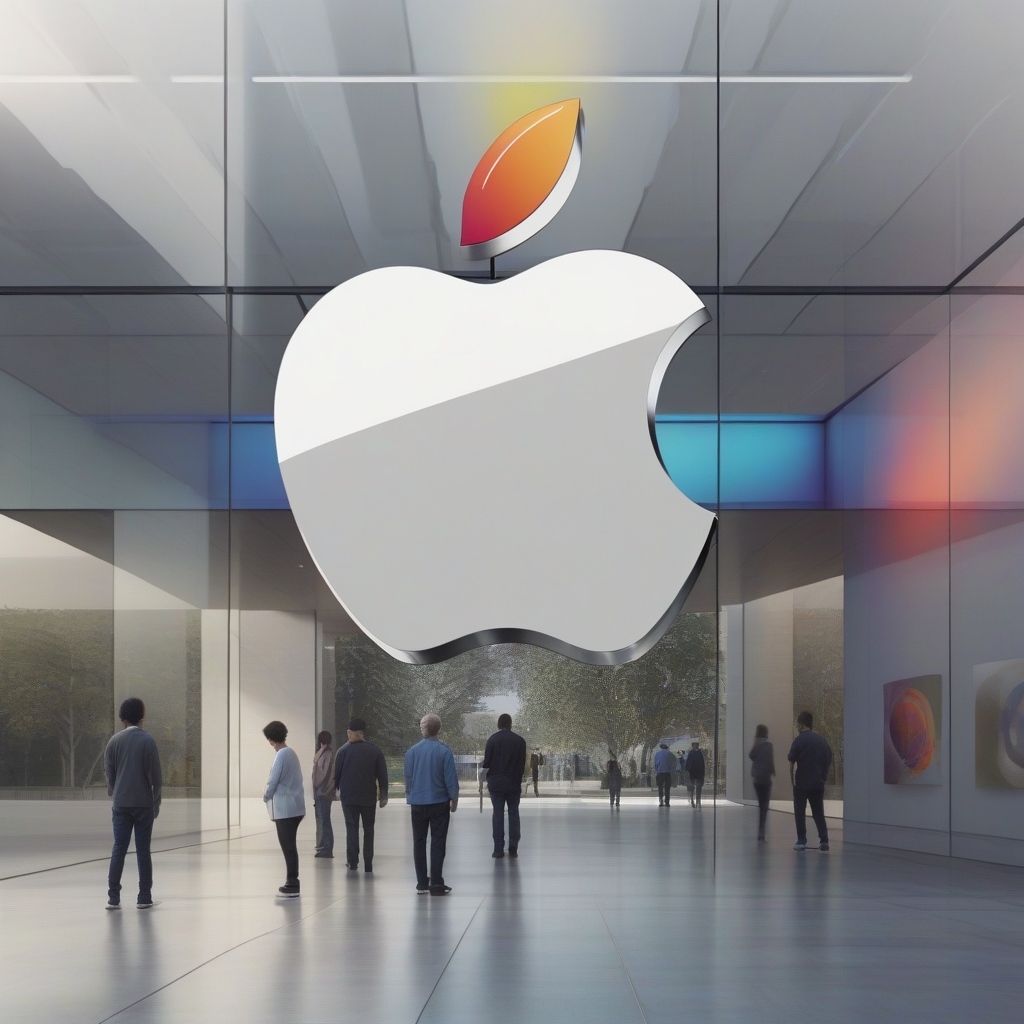Apple Skips OpenAI Investment – What It Means
In a surprising turn of events, Apple has decided not to follow through with an investment in OpenAI, despite former speculations suggesting otherwise. This unexpected move has not gone unnoticed in the tech world, as many anticipated that Apple, a behemoth in technology and innovation, would join the ranks of companies seeking to capitalize on the booming AI sector.
Why Apple Is Hesitant
There could be several reasons behind Apple’s hesitation. Understanding these factors can provide insights into the strategic thinking of one of the world’s most secretive companies.
Risk of Overextension: Apple might be wary of overextending itself with too many diverse ventures. With so many ongoing projects in other technological arenas such as augmented reality (AR) and health tech, adding a significant investment in AI could strain resources.
Value Misalignment: It’s possible that Apple doesn’t see a direct alignment between its current values and the mission of OpenAI. Despite AI’s potential, Apple may prioritize areas where it sees more immediate and direct benefits.
Vested Interests in Proprietary AI: Apple has been historically committed to developing its proprietary technologies. Investing in OpenAI might conflict with Apple’s efforts to cultivate its in-house AI capabilities.
Microsoft’s Bold Move
Meanwhile, Microsoft sees an opportunity where Apple sees risk. Microsoft’s decision to step in and invest in OpenAI underscores its aggressive strategy to harness the power of AI.
A Strategic Fit
Microsoft’s investment in OpenAI isn’t just a shot in the dark; it’s a well-considered strategic endeavor.
Enhancing Existing Platforms: AI can significantly enhance Microsoft’s existing software platforms such as Azure, Office 365, and its burgeoning suite of cloud services. The synergy could propel Microsoft ahead in the competitive tech landscape.
Commitment to Innovation: For years, Microsoft has demonstrated a growing commitment to innovation, marked by its active participation in AI, cloud computing, and quantum computing. This investment further cements Microsoft’s role as a frontrunner in revolutionary technologies.
Ethical AI Focus: OpenAI’s mission aligns with Microsoft’s growing emphasis on ethical AI practices. This partnership could help in creating more transparent, fair, and ethical AI solutions.
Implications for the Tech Industry
This divergence in strategy between Apple and Microsoft could have broader implications for the tech industry. Each company’s move signals its broader goals and offers a glimpse into the future of technology.
Market Dynamics
Microsoft’s investment might shift the AI market dynamics considerably.
Setting a Benchmark: Microsoft’s leadership could set a benchmark, pushing other tech companies to accelerate their AI investments. This could spur intense competition and speed up the rate of innovation within the industry.
Partnership Opportunities: Smaller tech firms might look to partner with Microsoft or similar giants to leverage shared AI technologies, creating an ecosystem of collaboration that benefits the tech industry as a whole.
Consumer Impact
The end consumers stand to benefit immensely from these strategic investments.
Advanced Features in Everyday Tech: With resources poured into AI, consumers could experience more advanced features in software and gadgets, from smarter assistants to more intuitive user interfaces.
Improved AI Ethics: If companies like Microsoft and OpenAI continue to focus on ethical AI, consumers will benefit from technology that’s not only smart but also respects privacy and fairness.
What’s Next for Apple?
Despite stepping back from an OpenAI investment, Apple is far from out of the AI race. Rather, this could signify new strategies and ventures that we haven’t seen yet.
Focusing on Proprietary Developments
Apple might be doubling down on its proprietary AI developments to retain a competitive edge.
AI in Augmented Reality: Apple has been very vocal about its interests in augmented reality. Proprietary AI could play a significant role in making AR more interactive and user-friendly.
Health Tech Advancements: With increasing investments in health technology, AI could revolutionize the kind of healthcare solutions Apple aims to offer, such as improved diagnostics and personalized health plans.
Enhanced User Experience: Apple might be aiming to integrate more seamless and intuitive AI features into its iOS ecosystem. This could translate to potential enhancements in Siri or other in-built software functionalities.
Strategic Partnerships
Instead of OpenAI, Apple could be exploring other strategic partnerships that better align with its goals.
Collaborations with Academic Institutions: Apple might invest more in academic collaborations to foster cutting-edge research in AI while retaining intellectual property rights.
Acquisitions: Apple could also be on the lookout for smaller but innovative AI startups that offer niche capabilities, which can be seamlessly integrated into its ecosystem.
The Road Ahead
As we delve deeper into this new AI-driven era, the divergent strategies of Apple and Microsoft highlight their unique approaches to innovation and market dominance. While Microsoft’s investment in OpenAI marks a bold step into the future of technology, Apple’s decision to hold back suggests a more cautious, yet potentially transformational path.
Conclusion
The choices made by these tech giants will undoubtedly shape the future of AI and technology as a whole. Whether through proprietary advancements, strategic partnerships, or industry collaborations, both Apple and Microsoft remain at the forefront of technological innovation. As consumers and industry watchers, it will be fascinating to see how these strategies unfold and influence our tech-driven lives in the coming years.

Leave a Reply